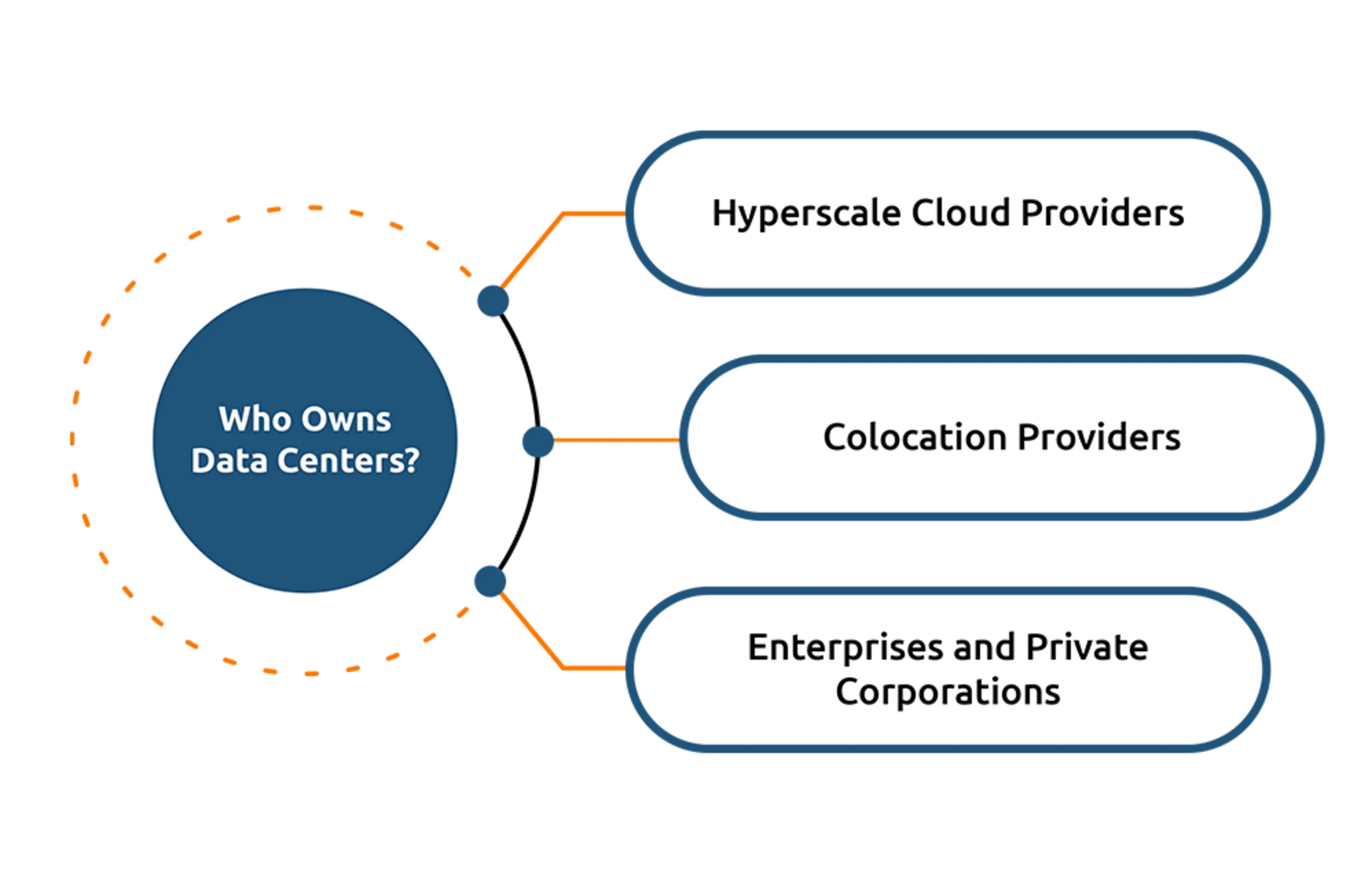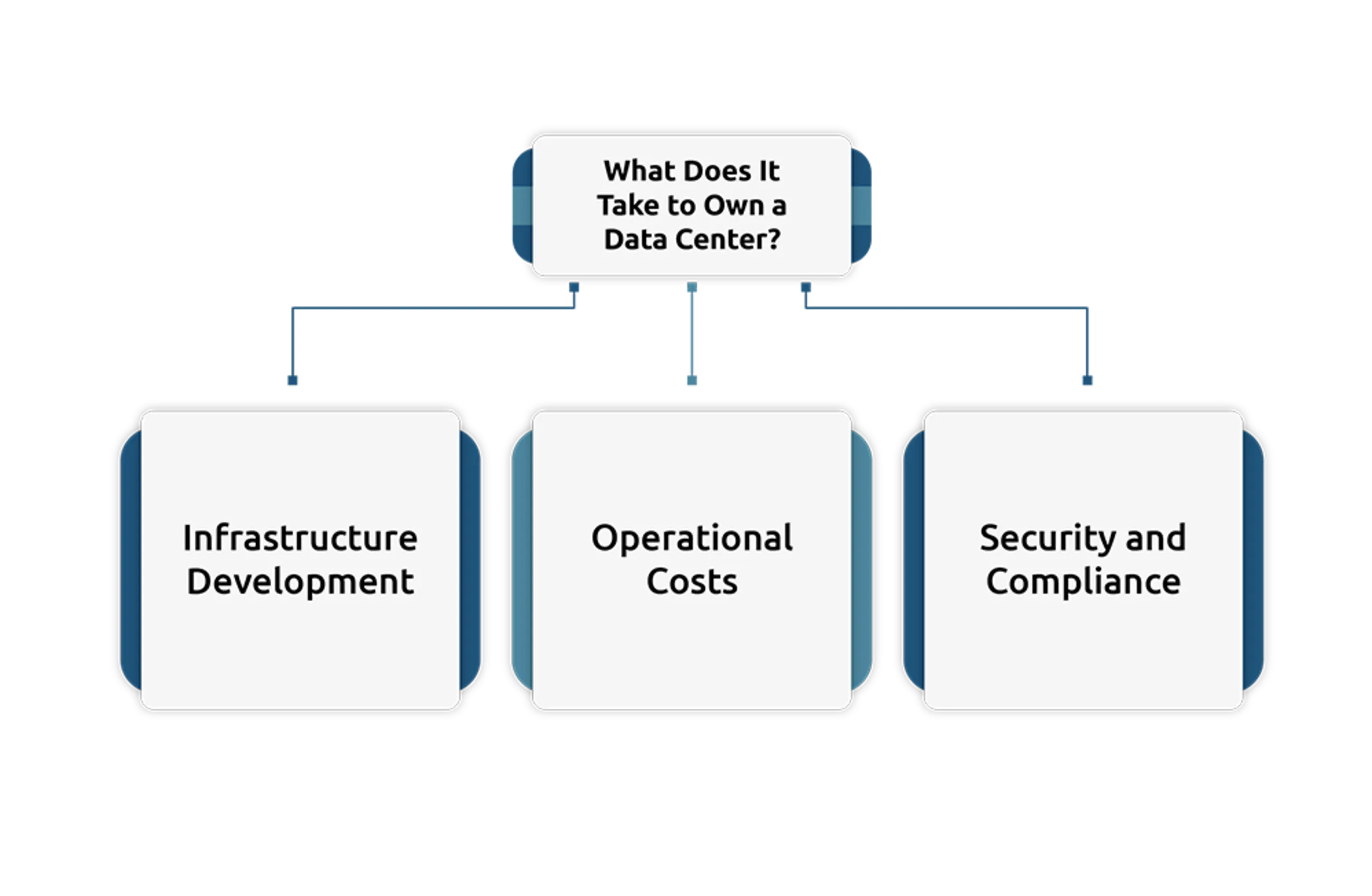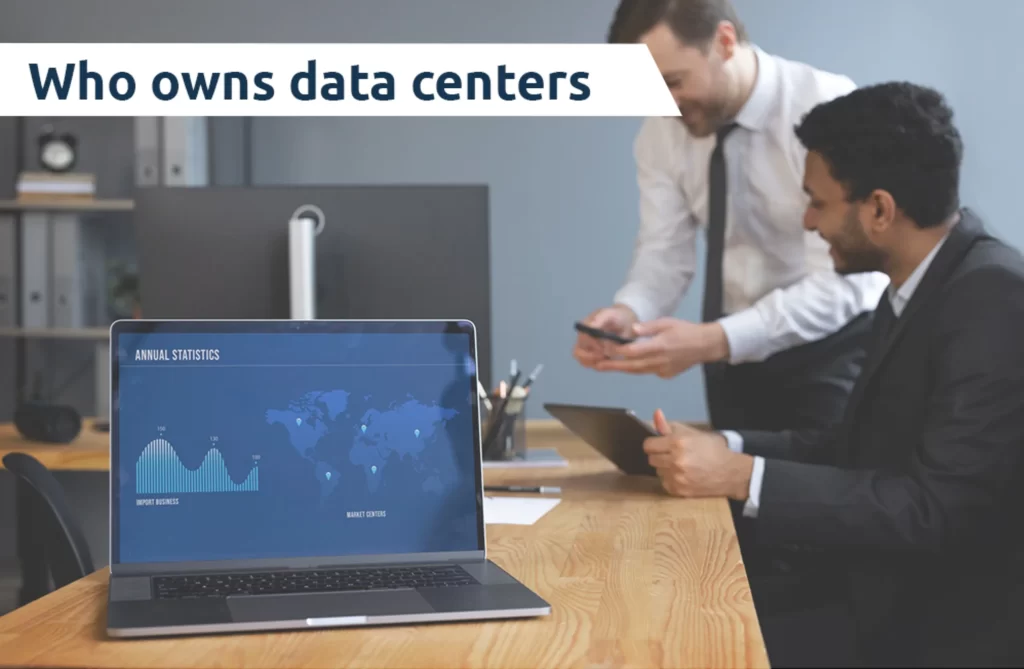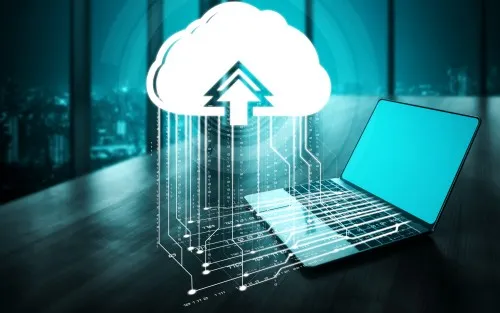Who Owns Data Centers?
In today’s digital-first world, data centers are the powerhouses that drive everything from social media to e-commerce, streaming platforms, and enterprise solutions. As the backbone of our digital infrastructure, data centers are crucial for storing, processing, and delivering data globally. However, a question that often arises is: Who owns these data centers? This seemingly simple question opens the door to a deeper understanding of how modern technology operates and who controls the infrastructure that powers our connected lives.
Let’s delve into the types of ownership models, the key players in the industry, and what it means to own a data center.
What is a Data Center?
A data center is a facility designed to house servers and related hardware for managing, storing, and processing vast amounts of data. These facilities are the engines behind cloud services, communication networks, and digital platforms. Ownership and management of these centers vary widely, depending on the use case and scale of operations.
Data center ownership falls into several categories, including hyperscale providers, colocation companies, telecom operators, enterprises, and government entities. Each has its unique role in the digital ecosystem.
Who Owns Data Centers?
Ownership of data centers is not uniform—it is distributed across different organizations, each catering to specific needs. Below, we explore the primary categories of data center ownership.
1. Hyperscale Cloud Providers
Hyperscale data centers are massive facilities built to support cloud platforms and large-scale digital services. They are primarily owned by tech giants such as:
- Amazon Web Services (AWS)
- Microsoft Azure
- Google Cloud
These companies design, own, and operate their facilities, which are optimized for efficiency and scalability. Hyperscale providers focus on cutting-edge technologies to handle the demands of artificial intelligence (AI), machine learning, and big data processing.
Notable Examples:
- AWS operates dozens of data centers worldwide, supporting millions of customers across various industries.
- Google’s data centers, such as the one in Council Bluffs, Iowa, are famous for their advanced cooling systems and use of renewable energy.
2. Colocation Providers
Colocation companies build and manage data centers that allow businesses to lease space and resources. These providers own the facilities and maintain the physical infrastructure, including cooling, power, and security systems. Businesses can install their own servers within these shared facilities.
Key Players:
- Equinix: One of the largest colocation providers, with a global presence spanning over 70+ markets.
- Digital Realty: Known for its robust data center infrastructure and enterprise-focused solutions.
- CyrusOne: Focused on high-density data centers for global clients.
Colocation data centers are ideal for businesses that need reliable infrastructure but don’t want to invest in building and maintaining their own facilities.
3. Telecom Companies
Telecommunication giants also own and operate data centers. These facilities often support their core services, such as internet connectivity, voice communication, and enterprise solutions.
Examples:
- AT&T
- Verizon
- CenturyLink
Telecom-owned data centers are usually integrated with their communication networks, enabling seamless connectivity and reliability.
4. Enterprises and Private Corporations
Some companies build and manage their own data centers to maintain complete control over their infrastructure. These private data centers are tailored to specific business needs, offering unparalleled customization and security.
Notable Owners:
- Facebook (Meta): Operates some of the largest private data centers to support its platforms like Facebook, Instagram, and WhatsApp.
- Apple: Invests heavily in data centers to power iCloud and other services.
- IBM: Combines its private data centers with cloud offerings for enterprise clients.
Private ownership allows organizations to design their facilities for optimal performance, but it requires significant investments in capital and ongoing maintenance.
5. Government and Public Sector
Governments operate data centers to handle sensitive information, national security operations, and public services. These facilities are often equipped with top-tier security and are subject to strict compliance standards.
Examples:
- The U.S. Department of Defense manages secure data centers for military operations.
- NASA operates data centers for space research and related activities.
Government-owned data centers are critical for ensuring data sovereignty and protecting national interests.

What Does It Take to Own a Data Center?
Owning a data center is a complex and resource-intensive endeavor. It involves more than just buying land and installing equipment. Here are the key components of data center ownership:
- Infrastructure Development: Building facilities with advanced cooling, power supply, and redundancy systems to ensure uptime.
- Operational Costs: Data centers consume massive amounts of energy and require regular maintenance. Staffing costs for skilled personnel also add up.
- Scalability: Owners must anticipate future demand and plan for expansion.
- Security and Compliance: Physical and cybersecurity measures are paramount, especially for facilities handling sensitive or regulated data.

Emerging Trends in Data Center Ownership
The landscape of data center ownership is evolving rapidly, driven by technological advancements and shifting market demands.
1. Sustainability and Green Data Centers
Data centers are notorious for their high energy consumption. In response, owners are investing in renewable energy and sustainable technologies. Companies like Google and Microsoft are leading the charge with carbon-neutral and energy-efficient facilities.
2. Edge Computing
Edge data centers, located closer to end users, are becoming increasingly popular to reduce latency and enhance performance. Telecom companies and cloud providers are heavily investing in edge infrastructure.
3. Joint Ventures
Collaborative ownership models are gaining traction, allowing companies to share resources and reduce costs. For example, Equinix frequently partners with other firms to expand its global reach.
Why Does Data Center Ownership Matter?
Understanding who owns data centers is essential for businesses, policymakers, and even everyday consumers. Ownership impacts:
- Service Quality: Ownership affects the reliability, speed, and scalability of digital services.
- Cost: Different ownership models influence the pricing of services like cloud computing and colocation.
- Data Sovereignty: Governments and organizations are increasingly concerned about where data is stored and who controls it.
Conclusion
The ownership of data centers reflects the diversity and complexity of the digital ecosystem. From tech giants like AWS and Google to colocation providers like Equinix and government-run facilities, each ownership model serves a unique purpose.
As the demand for data storage and processing continues to grow, the landscape of data center ownership will keep evolving, driven by innovations in technology, sustainability, and connectivity. For
businesses and consumers alike, understanding this ecosystem is key to navigating the digital age effectively.







